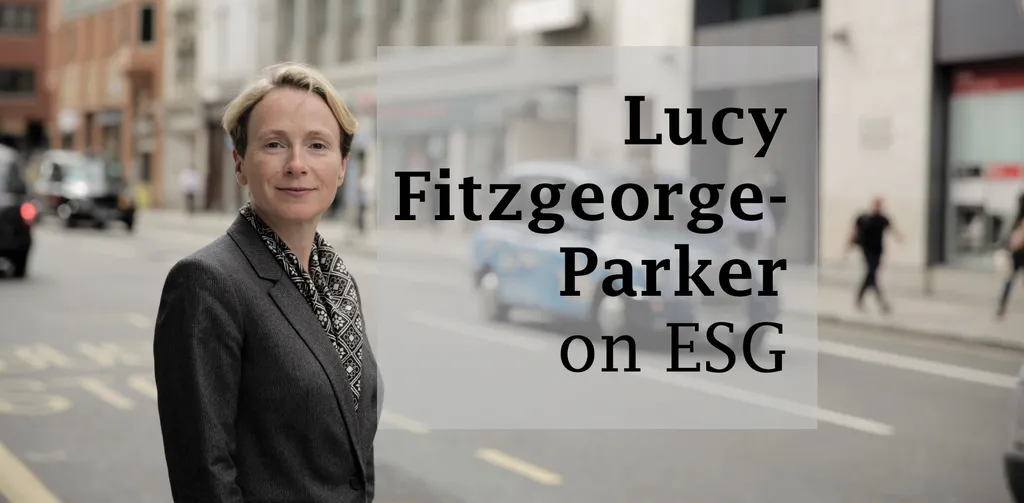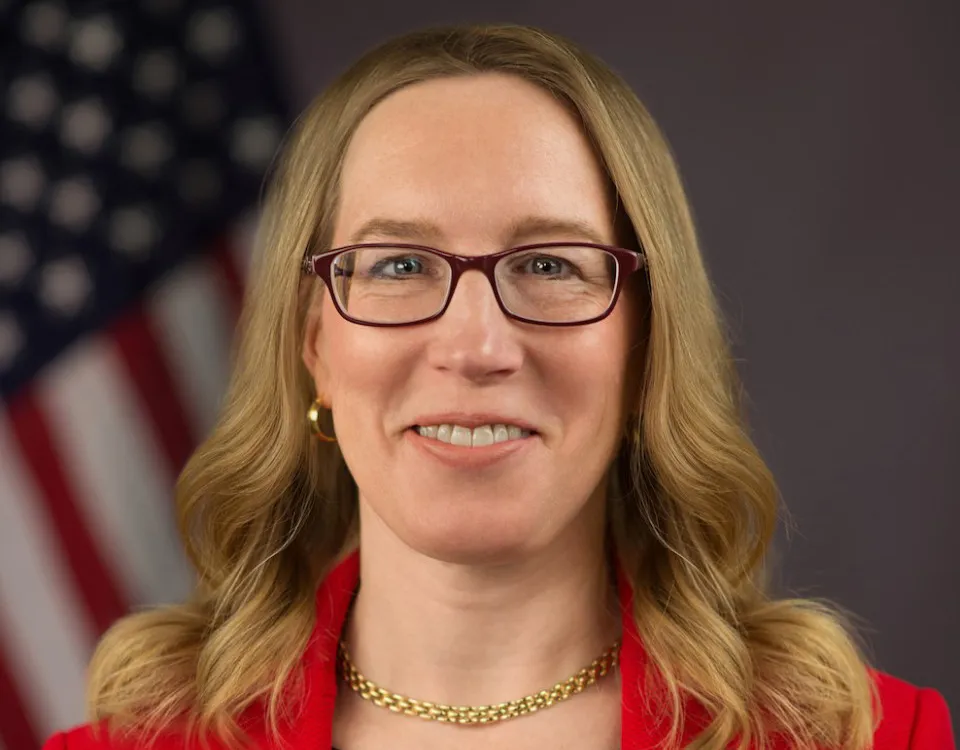A few weeks ago, a young friend recently graduated from university proudly told me that she had started impact investing.
She is saving £30 a month via Tickr, a new mobile investment platform, and is – she believes – making a difference in areas from climate change to gender diversity. She is not the only one.
Since Tickr was launched in January 2019, it has signed up more than 100,000 customers in the UK. Most are young – the average age is 31 – and half are women.
Access intelligence that drives action
To unlock this research, enter your email to log in or enquire about access




